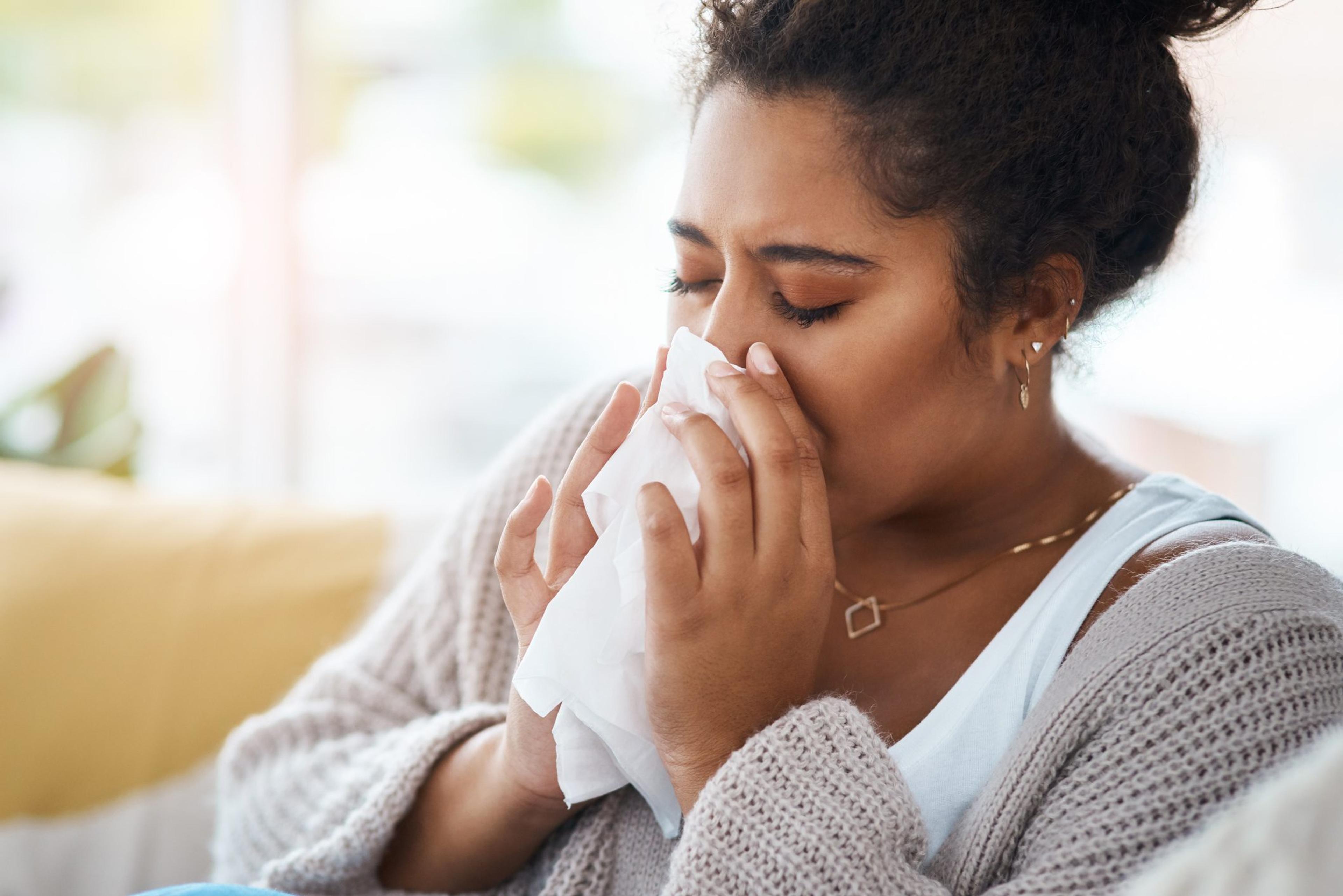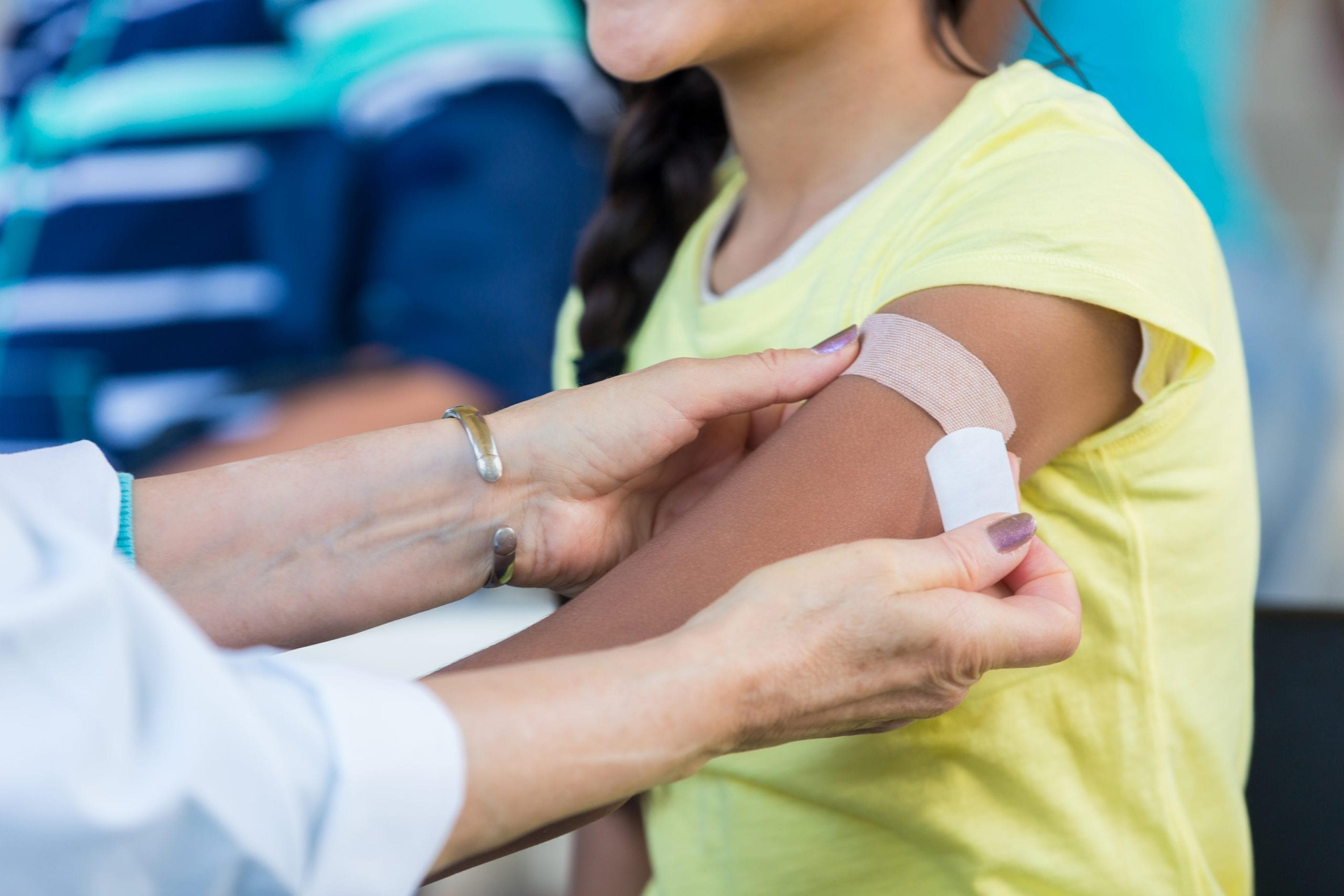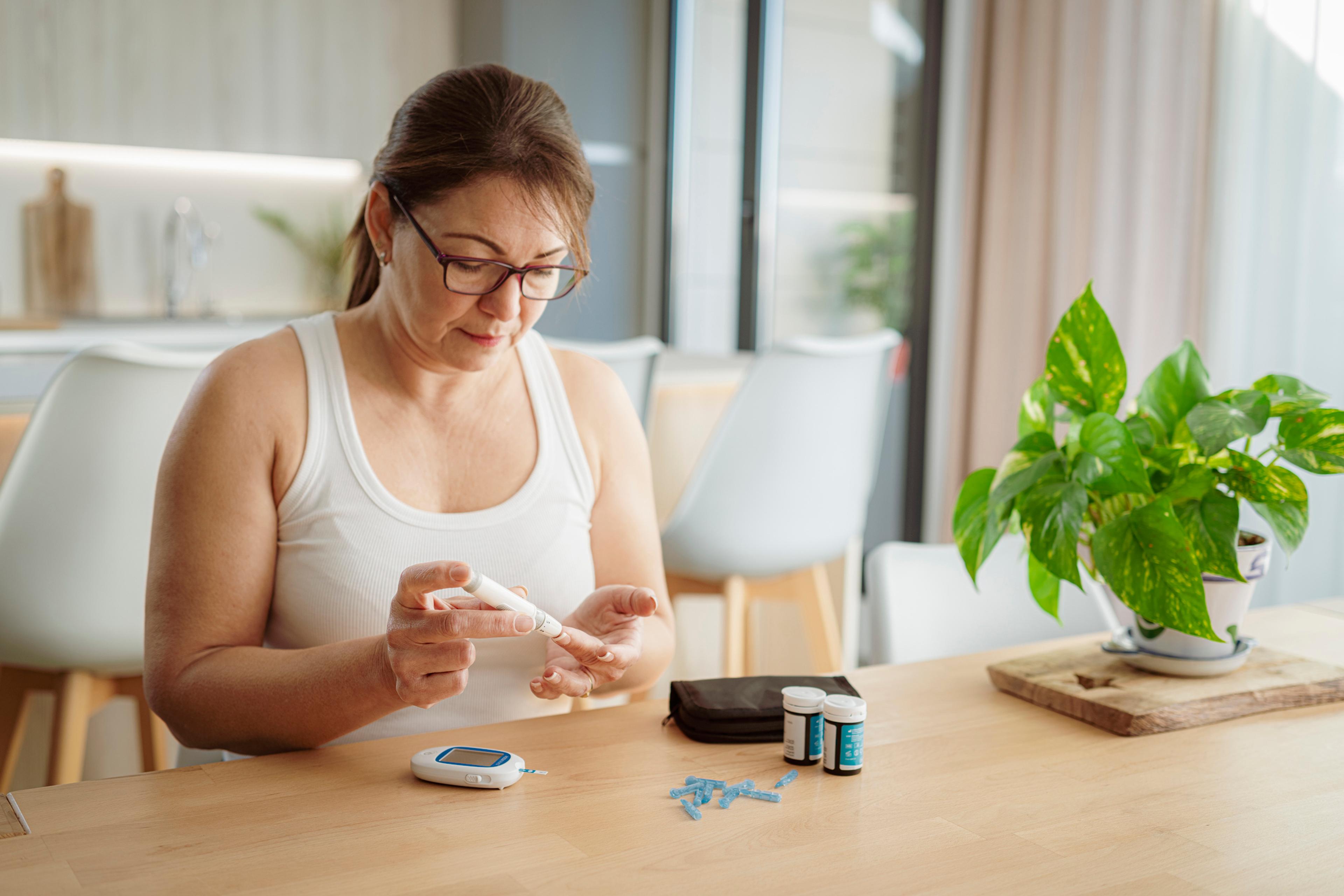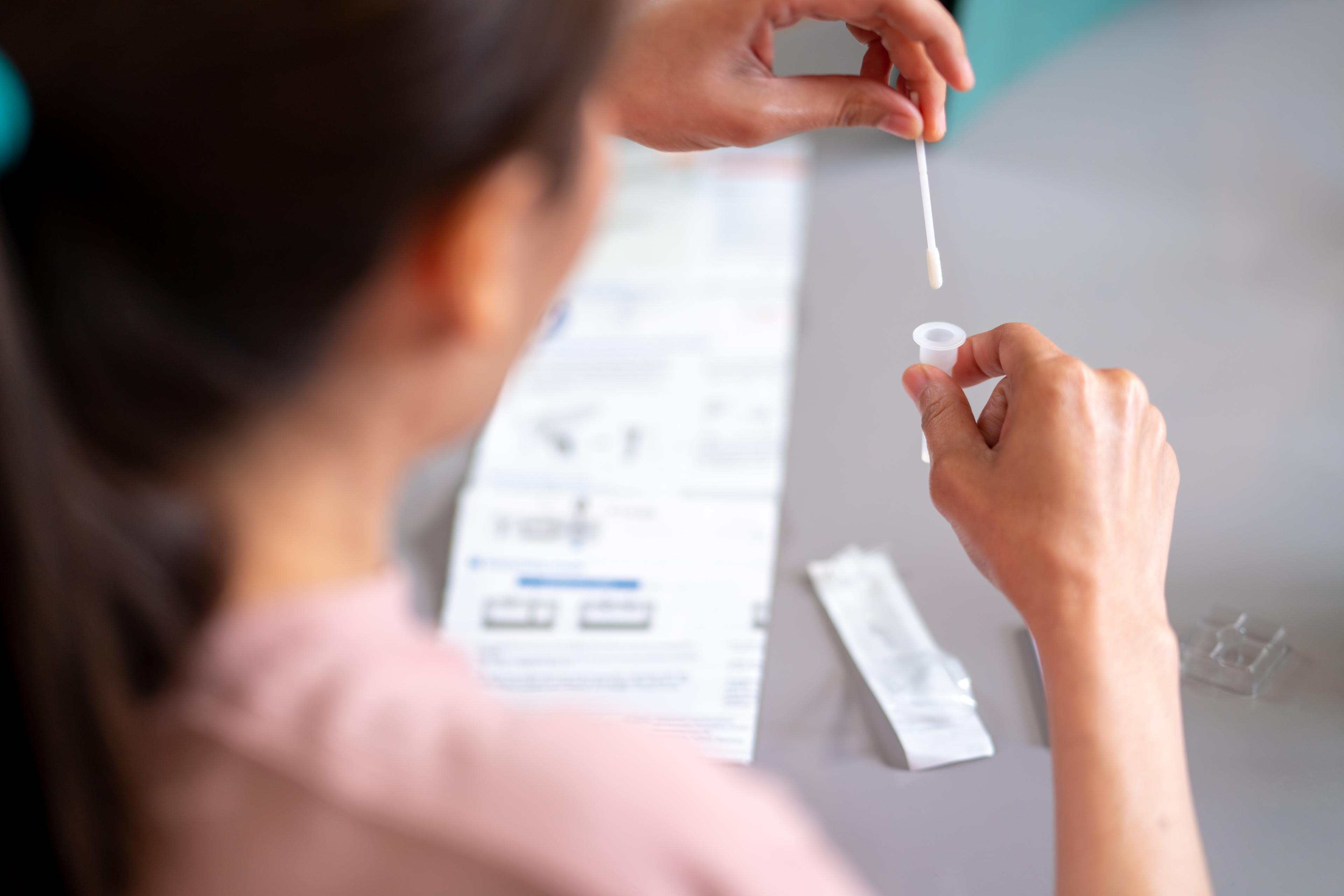Rheumatoid Arthritis and the COVID-19 Vaccine
Amy Barczy
| 2 min read
Amy Barczy is a former brand journalist who authored content at Blue Cross Blue Shield of Michigan. Prior to her time at Blue Cross from 2019-2024, she was a statewide news reporter for MLive.com. She has a decade of storytelling experience in local news media markets including Lansing, Grand Rapids, Holland, Ann Arbor and Port Huron.
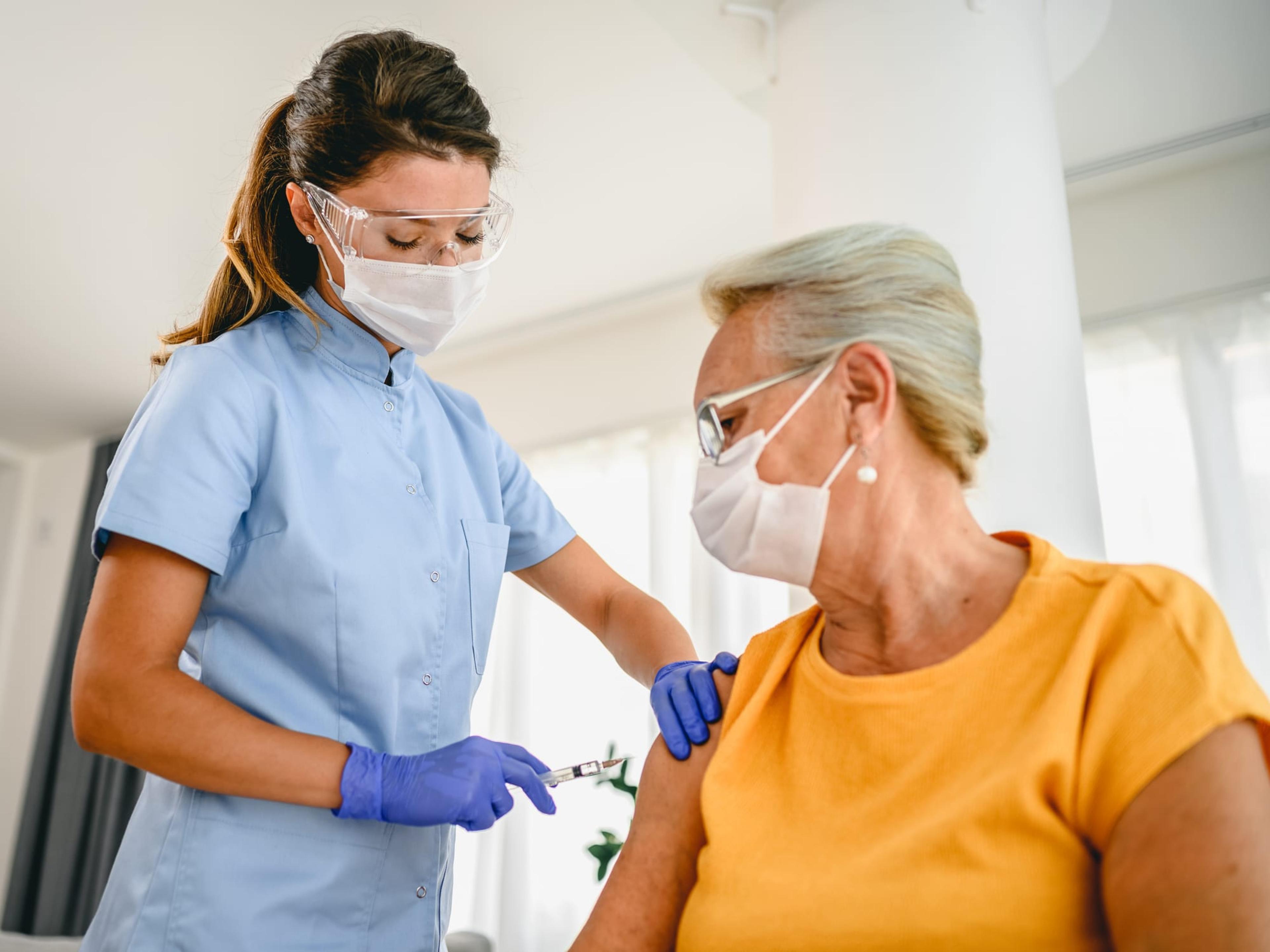
If you have an autoimmune disease like rheumatoid arthritis, you may be wondering if the COVID-19 vaccine is right for you. The American College of Rheumatology supports the vaccination of individuals with autoimmune diseases against COVID-19. The U.S. Centers for Disease Control and Prevention advise individuals with autoimmune conditions may receive a COVID-19 vaccine, but there is no data currently available about the safety of COVID-19 vaccines for people with autoimmune conditions. Often, individuals with rheumatoid arthritis may take medication that suppresses their immune system to treat their symptoms. People with weakened immune systems due to their illness or medication may be at an increased risk for severe disease if they get COVID-19. The best course of action if you have rheumatoid arthritis – and especially if you take medication for it – is to talk to your health care provider before pursuing the vaccine. Your doctor may recommend pausing or adjusting certain medications before receiving the COVID-19 vaccine. Additionally, certain medications may make the COVID-19 vaccines less effective – though research is still underway on this subject. Some drugs, like steroids, suppress the immune system and are useful in treating conditions in which your immune system is overactive like rheumatoid arthritis. But these same medications can also reduce your immune system’s response to the COVID vaccine. It’s critical to consult with your health care provider if you take immunosuppressant drugs or therapies prior to receiving a COVID-19 vaccine, as they may have specific advice and recommendations for how to manage your medication and treatments around the timing of your vaccine shots. There is a theoretical risk that a COVID-19 vaccination could cause a flare or worsening of an autoimmune or inflammatory rheumatic disease – but at this time, medical experts believe the benefit of a COVID-19 vaccine outweighs any potential risk of a flareup. More from MIBluesPerspectives:
- COVID-19 Vaccines: Get the Facts
- Why You Need the Second Dose of the Pfizer or Moderna COVID Vaccine
- Tips for Talking to Someone Who is Vaccine Hesitant
Photo credit: Getty Images

